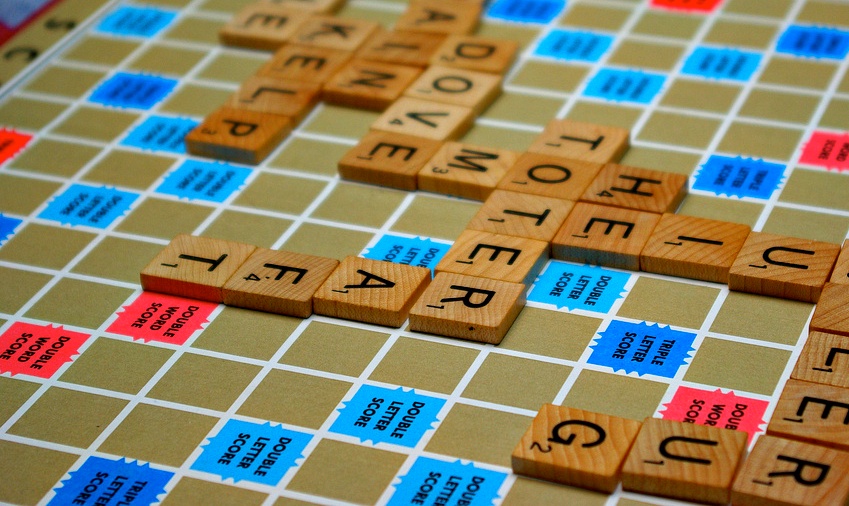Sharpen Your Focus And Study Smarter
Activities, games and apps online degree students can use to boost brain power and improve your concentration.

Activities, games and apps online degree students can use to boost brain power and improve your concentration.


Okay, online students, time for a quick quiz.
You have a pile of reading and a paper to write. Do you:
It turns out that working harder isn't always working smarter. Time spent wisely on your phone (or on your feet) can pay off with an increased attention span for when you need to study hard in your online degree program.
Here are some ways you can sharpen your focus during your downtime and give your brain a boost when you feel your concentration start to falter.
Smartphones and tablets do more than eat up your time. Used efficiently, they can make you more productive. And we're not just talking about calendars, email and note-taking tools. You can give your brain a workout.
For example, Lumosity offers more than 50 "brain training" games created by scientists and game designers. You can complete daily workouts that challenge five types of cognitive abilities and see how you measure up in memory, attention, problem solving and more.
Elevate boasts more than 35 activities designed to help with name recall, visualization, processing and comprehension, among others. You pick the skills you want to improve, and the app recommends a training plan to follow.
If stress about your workload is distracting you from completing tasks, you can find an app for that, too. Happify centers on the science of happiness, with quizzes and activities to break the pursuit into fun, manageable bites.
Need a break from so much screen time? There are plenty of real-life activities you can do to exercise your brain, such as Scrabble, crossword puzzles, Sudoku or chess. Games can get your mind working in ways that differ from your normal routine. Timed games, such as Boggle, target cognitive skills, including processing speed and attention, which tend to decline with age.
The ultimate goal with all these activities is growing your brain. Brain plasticity refers to the brain's ability to change by thickening gray matter or new neural connections. Learning a new skill — whether it is a new game, taking a class, studying a foreign language — is one way you can change and strengthen connections between brain cells.
So your online degree program isn't just providing you with new knowledge; it could be strengthening your brain.
These kinds of activities may also have long-term benefits. A New England Journal of Medicine study found that adults who frequently participate in mentally stimulating activities — such as reading, playing board games or playing a musical instrument — lowered their risk of developing dementia.
If you really want to fire up your brain, the best approach is to get on your feet, research shows.
A study at the University of British Columbia found that regular aerobic exercise increases the size of the hippocampus, the part of your brain involved in verbal memory and learning. Another study from the University of Illinois found that physical activity helped improve white matter integrity in children and senior citizens. White matter is important because it carries nerve signals between different regions of the brain, and healthy white matter means the brain communication is faster and cognitive performance improves.
In addition to making exercise a regular part of your life, you'll also want to just get up and move while you're working. Teachers have discovered the benefits of "brain breaks," short bursts of physical activity that get oxygen flowing to the brain. It may be tempting to keep working once you get started, but a few minutes of movement can improve your concentration and make it easier for you to get more done than if you had gone without a break.
If exercise makes you tired, even better. Sleep is good for the brain, too. Sleeping well at night has all sorts of health benefits, but even a nap can help your memory and ability to learn.
Of course, at some point you'll need to knuckle down and get your work done. But a little healthy procrastination in the form of a game, a run or, yes, even a nap could make you a better learner.
Use your time well, and your brain will thank you.
Image credit: Geoffrey Galloway on Flickr/Creative Commons
Other posts you may be interested in reading:
Snack Your Way To More Brain Power